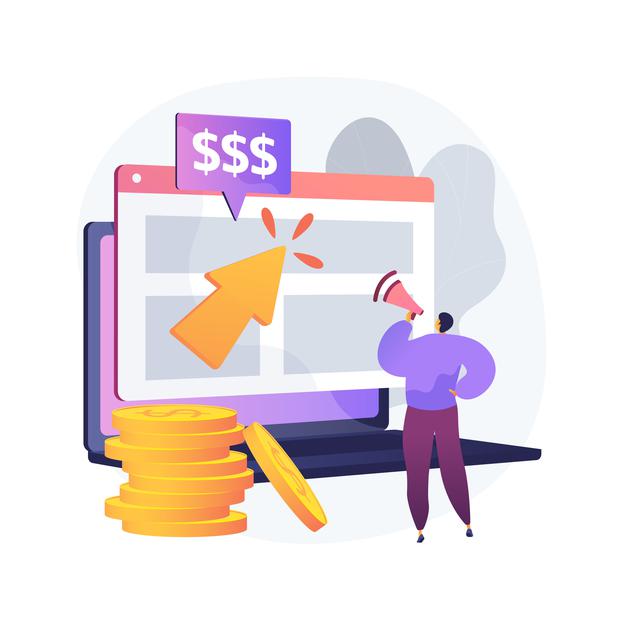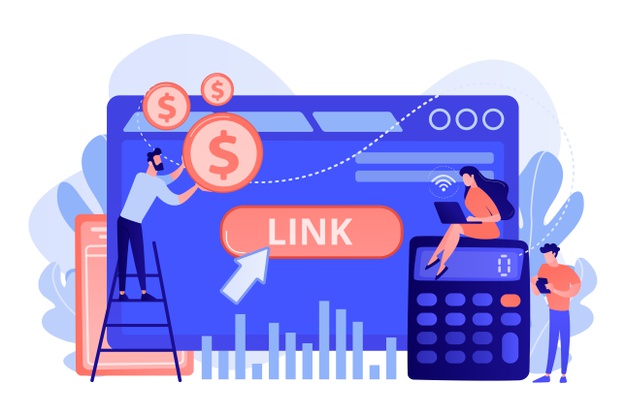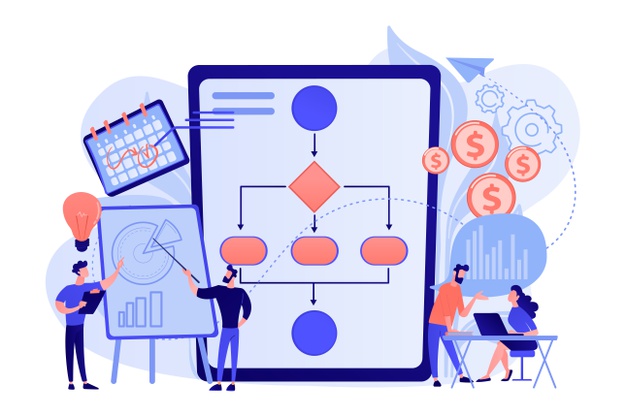1. Combining PPC and SEO Increases Your Search Engine Presence
As mentioned above, search engine optimization improves your website, thereby your chances of ranking higher on search engines by targeting one or more keywords. Purchasing the same keyword/s with a sufficient bid places your ad near the top whenever someone searches it.
By doing PPC advertising and SEO for the same keywords, you significantly boost your chances of dominating the search results for those keywords and increase organic and inorganic traffic. Most marketers are often tempted to reduce PPC efforts once they reach their desired organic search rank.
However, they fail to realize that using both channels also gives the impression that you’re an established brand in a particular industry.
2. PPC Helps You Test Keywords for Conversion Potential
While search engine optimization pays off in the long run, it can take significant time, research, and expense. If you’re only focusing on SEO, it’s hard to know which keywords will pay off. Using PPC to test the viability of a keyword is a smart way to improve your SEO efforts.
Identify and analyze the PPC ad keywords that lead to successful conversions and use them to optimize your web pages. The marketing insights can help you make informed decisions about which keywords to scrap and which ones to prioritize. In some cases, the keywords that aren’t very successful in converting users into customers via PPC might be better utilized in optimizing web content that’s meant for visitors who are still considering a purchase.
3. SEO Sets the Stage for Remarketing to Website Traffic
Combining PPC and SEO helps you create seamless synergy between multiple marketing channels. Suppose your website ranks high and gets good organic traffic due to the use of best SEO practices. With a retargeting PPC ad campaign, you can continue to maintain this contact with visitors and stay in the consideration set of online customers. This way, PPC lets you benefit from your successful SEO efforts.
With remarketing, you can bring back these visitors from all mediums that run PPC online ad campaigns to make purchases another time. The scalable nature of PPC ad campaigns ensures that you can control the budget of your remarketing campaigns and prevent overspending. While SEO introduces your brand to potential customers, PPC can ensure they never forget about it.
4. PPC Gives Your Website Visibility Among Search Users While SEO Measures Takes Effect
PPC advertising allows you to present your website against keywords to users using those keywords in their search queries. This way, you can see web traffic even when SEO measures have not fully affected the website’s rank. You can expect your web pages to take months to rank organically on search engine results. Once your web pages start appearing on the first pages of search results against targeted keywords, you can lower your ad spend and reduce marketing costs.
5. PPC Helps You Recover Missed Search Engine Clicks
Just because you’re organically ranking first for a particular keyword doesn’t necessarily mean you should stop spending on PPC ads for that same keyword since organic results don’t fully replace your paid traffic. Hence, by pausing your PPC ads, you could lower your traffic, even if you’re ranking first on results. With PPC, you can recover clicks from users that you might have missed.
6. PPC and SEO Optimize Overall Data Collection
Combing PPC and SEO can give a huge amount of data for decision-making purposes. You can analyze all the similar metrics in both channels, including click-through rate, bounce rates, exit rates, time spent on site, and conversion rate. This data can help you determine the most effective keywords for generating sales or the ones that are driving the most traffic.
With this information, you can make smarter decisions about your marketing.
7. PPC Allows You to Integrate E-Commerce Feeds into Inorganic Results
With E-commerce on the rise, search engines like Google are doing some amazing things. Now, you can link your product pages to PPC ads, featuring the product itself, reviews, pricing, and other information. Before a user clicks on them, they have an idea of what to expect, which can improve your sales, avoid wasted clicks, and boost your brand awareness.
8. Combining PPC and SEO Can Improve Your Organic Content Strategy
Google isn’t too eager to send visitors to pages where they will have a poor experience. Using PPC and SEO together can help you improve your content strategy and improve your organic rank. Using your most effective PPC ads, you can create more effective Meta descriptions, title tags, and page content on your web pages that you want to rank organically.
Since PPC ads work incredibly fast, you can quickly know what works for you and what doesn’t. Organic trial and error are time-consuming, especially for startups that are racing against time.
9. Combining PPC and SEO Can Improve Social Media Visibility
Having a great online presence doesn’t end with creating and optimizing your website. Social media is where most of your customers are at all times, and its landscape is constantly evolving. This change has led to the emergence of targeted marketing opportunities, as platforms like Facebook, YouTube, and Instagram all offer targeted ad promotion.
Using these ads, you can narrow your target audience down based using demographics, competitive analysis, and a persona evaluation. For example, you can use Facebook user profile information to show an ad to 17-year-olds living in New York interested in student loans for college or affordable cars. This target audience might be small, but it’s one that is of high quality and ready to convert.








